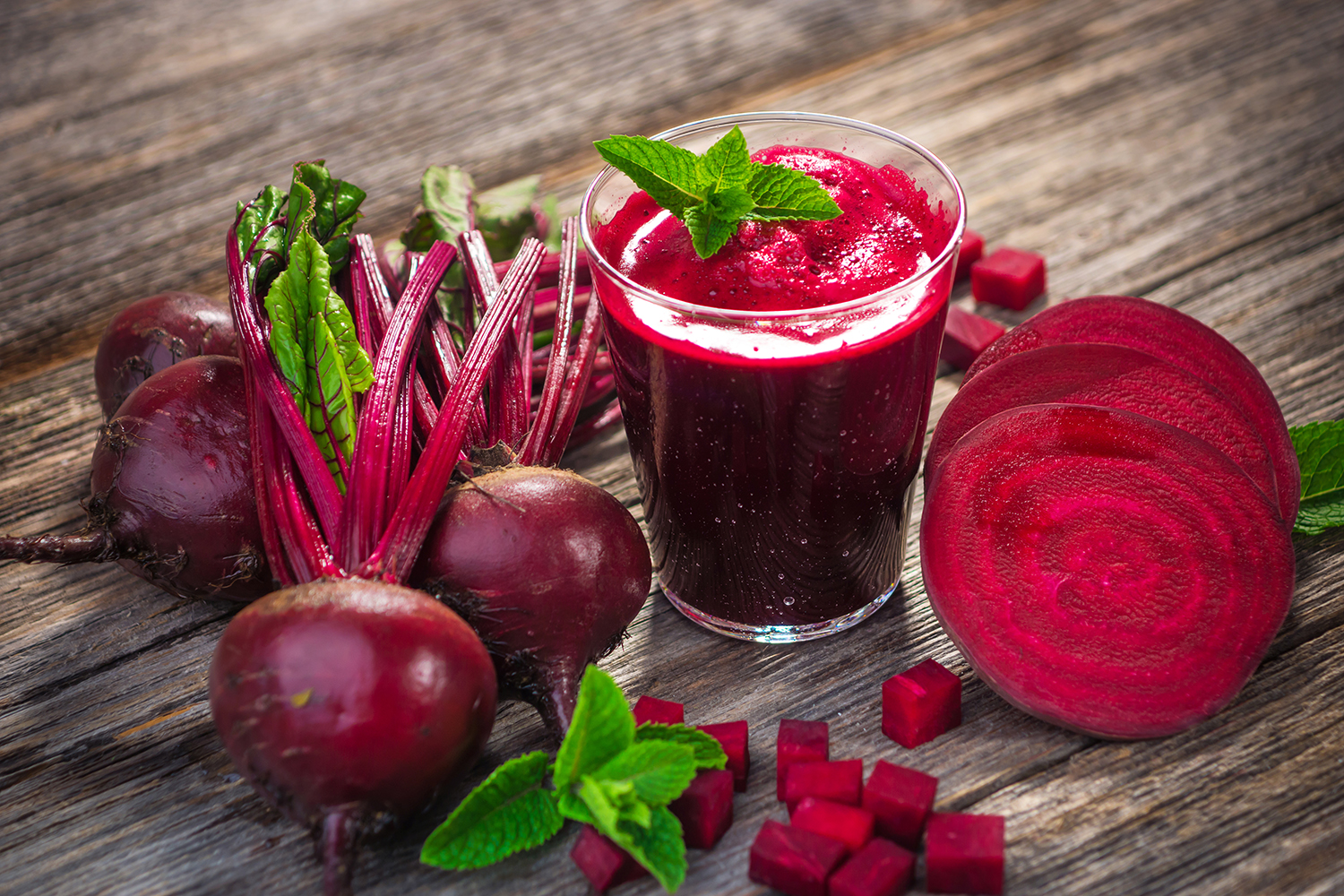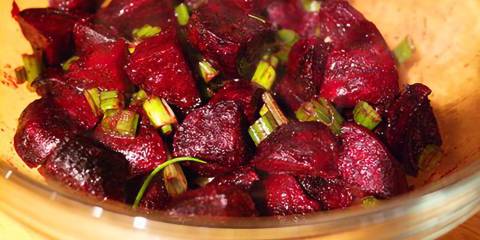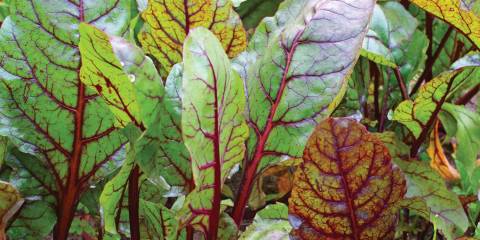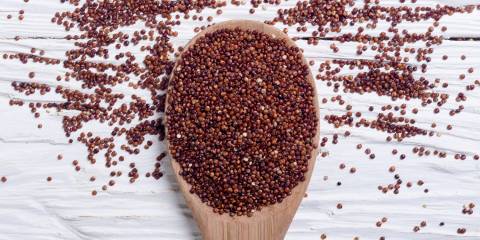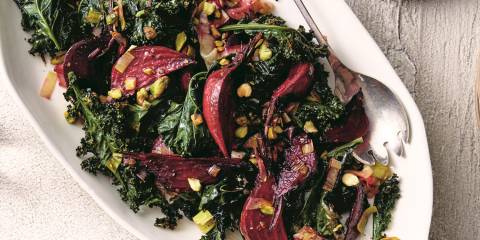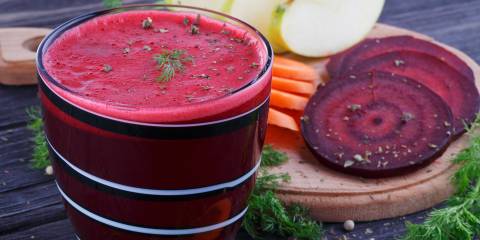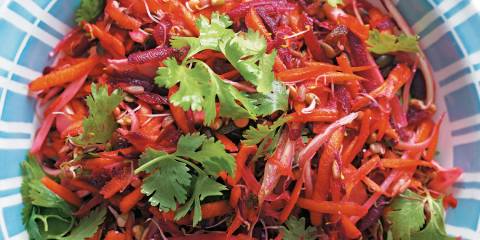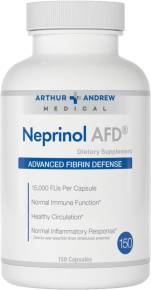Here are some great reasons to bring beets into your home (with the greens intact!) and try out some of our favorite beet recipes.
Basic Beet Nutrition
Beets, also known as Beta vulgaris rubra, have earned their reputation.
Even research scientists are digging it: nitrates make this superfood a superstar within scientific research.
There are two parts of the plant: the root and the greens.
-
Is Beetroot Nutritious?
The beetroot is, after all, a vegetable. By nature, it's comprised of essential nutrients.
Beets are high in the following vitamins and minerals:
- vitamins C
- folate
- vitamin B6
- iron
- manganese
- magnesium
- phosphorus
- potassium
- copper
- nitrates
-
Are Beet Greens Nutritious?
The leafy tops of beets are high in:
- beta-carotene
- iron
- calcium
Using Beets for Health
-
Historical Uses
Going nuts for the rooted one isn’t new. Its recorded popularity as a panacea dates back to ancient Rome when folk medicine practitioners used it as:
- an emmenagogue (menstruation provoker)
- a hemostatic (hemorrhage arrester)
- a carminative (flatulence reliever)
-
Modern Uses
Rich in nitrates, beetroot juice is often used by athletes to enhance bodily processes need to perform. However, almost anyone can benefit from them, especially due to its dietary nitrates.
Inorganic nitrate naturally converts in the body to nitric oxide, which relaxes and dilates blood vessels.
-
For Energy and Endurance
Opening vessels increases oxygen flow throughout the body and generates more energy. Nitric oxide increases blood flow both at rest and during athletic training.
Oxygen-rich blood has been found to reduce the amount of oxygen that muscles need to optimally function.
-
Cognitive Benefits
Since nitrates help open blood vessels, beetroot juice increases blood flow to the brain, and this action supports cognitive health at any age.
-
Vascular Benefits
Studies have demonstrated that dietary nitrate can help reduce blood pressure and inhibit platelet aggregation (clotting).
-
For Mitigating Other Issues
The cardiovascular benefits of nitrates may help manage the symptoms and effects of broader health issues.
Because lack of oxygenation causes people with cardiovascular, respiratory, or metabolic diseases to struggle with daily living activities, beetroot juice might improve quality of life.
-
Endothelial Dysfunction
Endothelial dysfunction, caused by reduced production of nitric oxide in the body, causes blood vessels to constrict.
Nitrates have also been shown to preserve, and sometimes improve, narrowing vessels.
-
Peripheral Artery Disease
Dietary nitrates have been shown to enhance exercise performance for those with Peripheral Artery Disease, which narrows the arteries.
-
Heart Failure
Certain heart failure patients may benefit from a beetroot juice supplement.
New research showed that those with reduced ejection fraction who took the supplement saw significant increases in how long they could exercise as well as peak power and peak oxygen uptake during exercise.
No negative side effects were seen from the beetroot supplement.
What is Reduced Ejection of the Heart Muscle?
Reduced ejection fraction means that the heart muscle doesn’t contract effectively and doesn’t provide sufficient oxygen-rich blood to the body.
How Common is Reduced Ejection Fraction?
Tens of millions of people have heart failure, and about half of them have reduced ejection fraction.
-
-
Precautions
-
Medications
- Experts caution against replacing prescribed medications with dietary or supplemental efforts.
- Certain meds, including nitroglycerine, may interact with a high-nitrate diet.
-
Kidney Health
Beetroot can lead to kidney stones in some people.
-
Discolored Waste
Be aware that consumption may temporarily give urine and stool a pink or violet color, but this is not dangerous.
